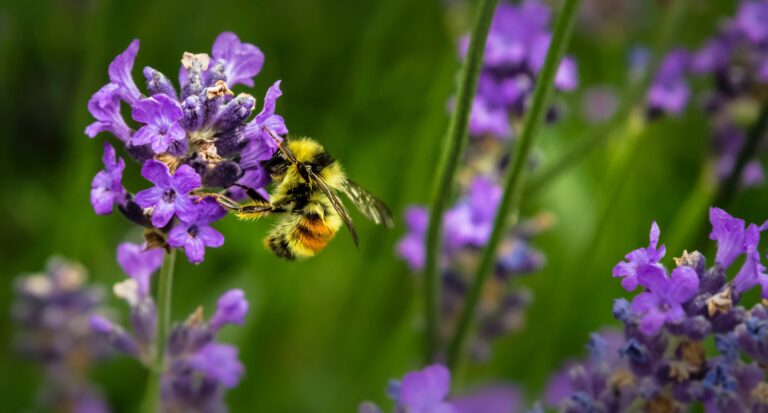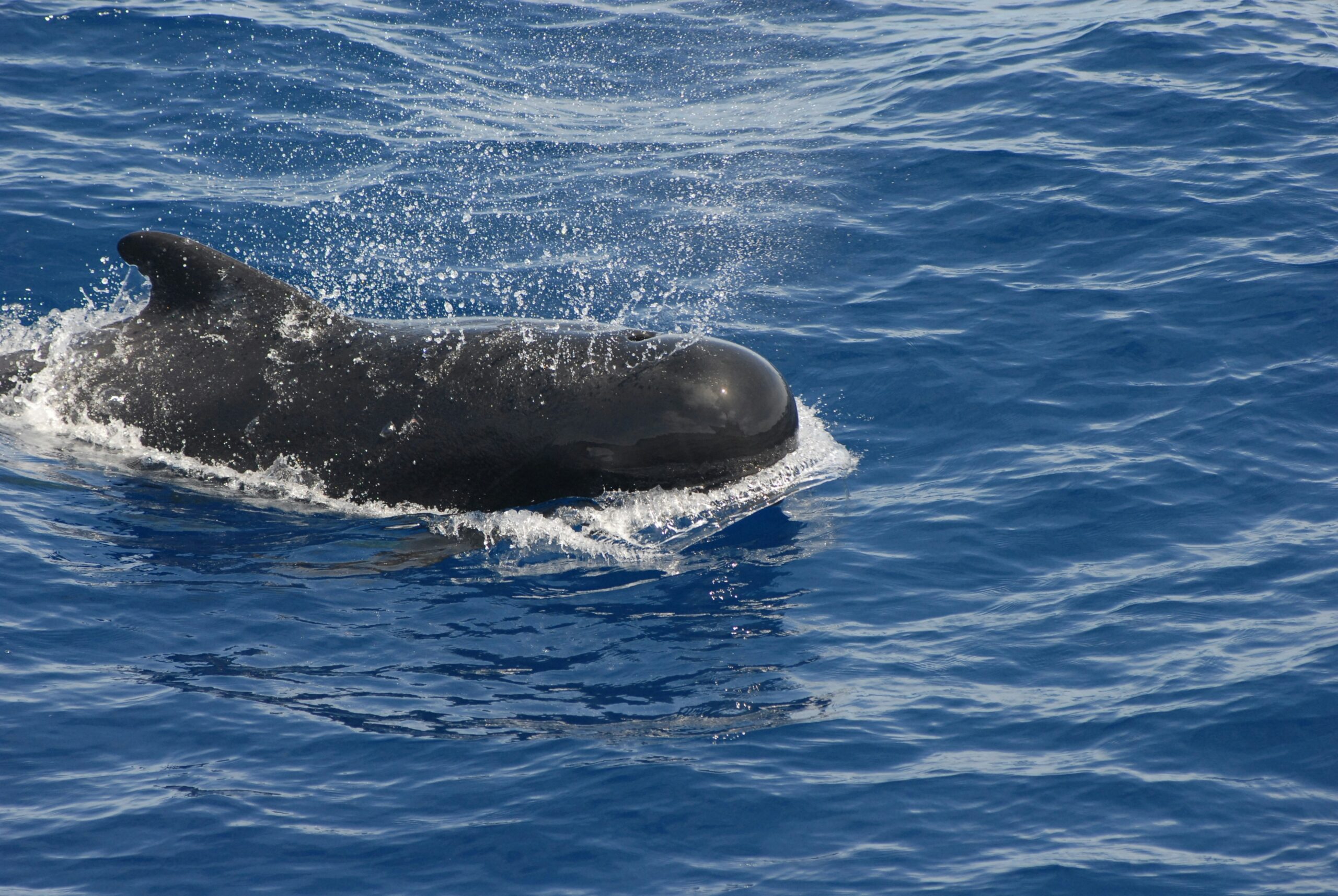
Drowned Out: Why Whale Beachings Are On The Rise
Following the tragic mass beaching of 77 pilot whales on World Population Day, we assess how human activity is damaging the world’s oceans and having catastrophic effects on the survival of marine species.
Population Matters
On 11 July, we observed World Population Day, where the UN announced humanity is likely to grow to a population of over 10.3 billion people in the next 60 years.
On the same day, a pod of 77 pilot whales were discovered stranded in a mass beaching on the island of Sanday, Orkney. Unfortunately, refloating efforts to rescue the whales failed, and all 77 died at the site.
As we recognise the continued unsustainable growth of the human population, we must also consider how humanity has altered the Earth’s biosphere to such an extent that no area, including the world’s oceans, has been spared from our impact.
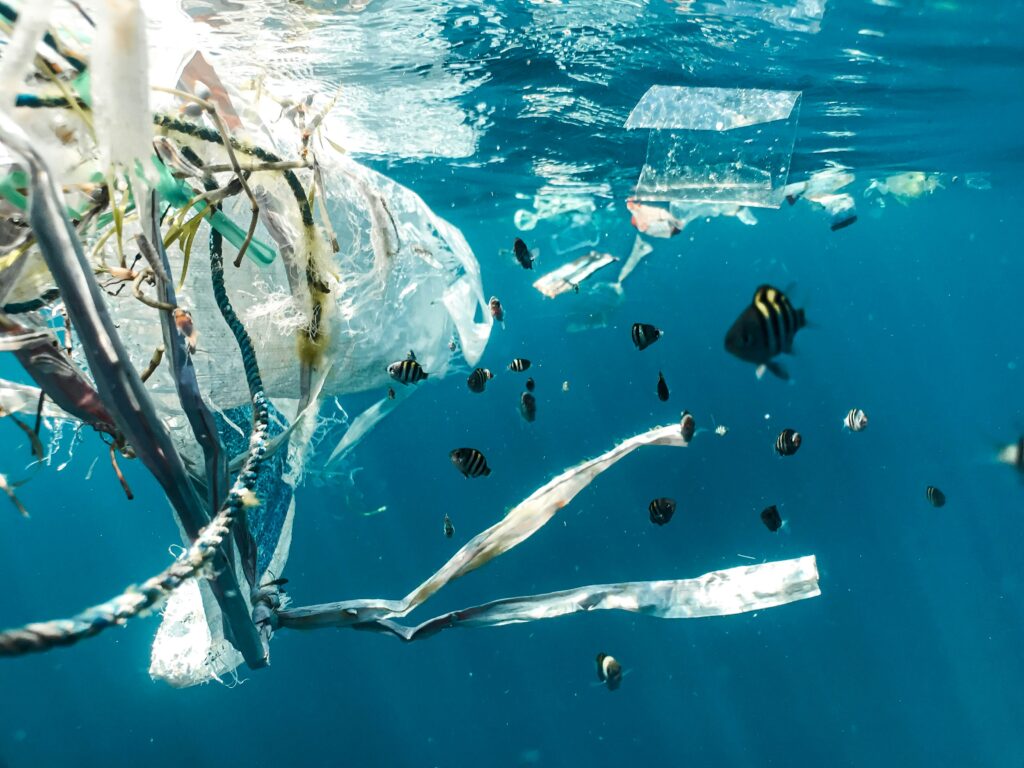
MASS whale BEACHINGs
The exact cause of the recent Orkney Island pilot whale beaching has not yet been determined, but the event follows a pattern of similar mass strandings in recent years.
Since records began in 1992, there have been 13 mass strandings of pilot whales in the region. 10 of these have occurred in the last decade alone, with researchers fearing that mass strandings of pilot whales are becoming more frequent.
Last year, a pod of 55 pilot whales died following a mass beaching on the Isle of Lewis.
The name “pilot” comes from the tendency of these whales to follow a matriarchal leader of the pod. These close-knit social bonds can contribute to mass beaching events, where if one whale beaches themselves, the other whales respond to its distressed calls and can end up following an ailing individual ashore, resulting in the whole pod of whales beached.
Pilot whales typically inhabit the Mediterranean Sea. In recent years, warming waters around Scotland, due to anthropogenic climate change, has attracted pilot whales closer to the Scottish shoreline in search of prey and to birth their calves.
The herd mentality of pilot whales also makes them incredibly vulnerable to underwater noise pollution from busy fishing and oil drilling activity in the North Sea. This noise pollution scares or disorients them and increases the risk of mass beaching incidents.
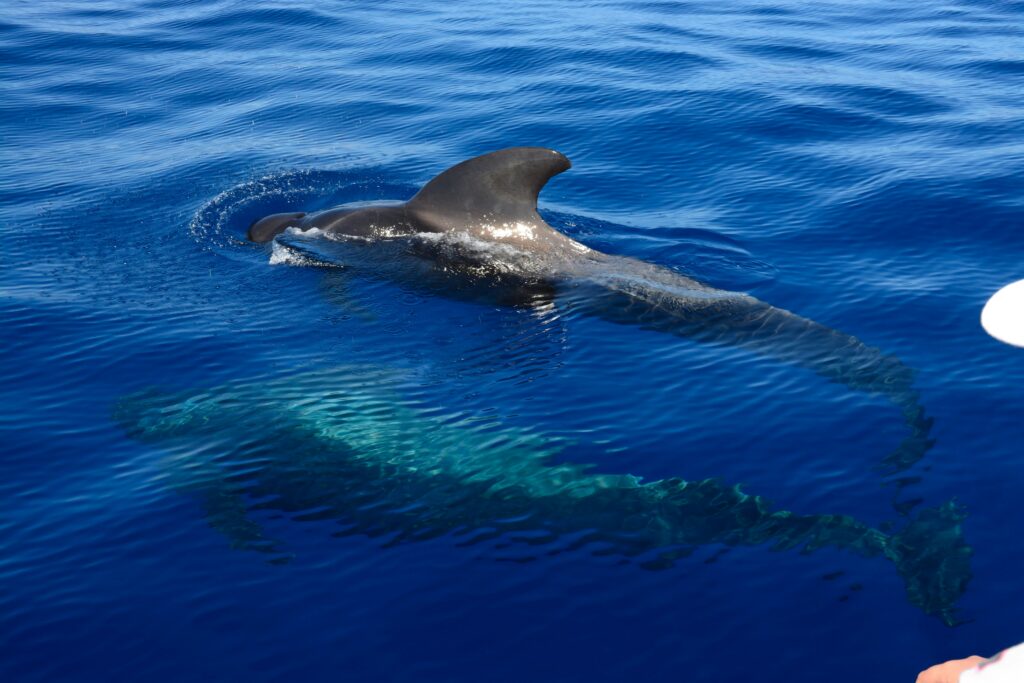
Noise Pollution
The ocean is becoming an ever more noisy place, due to shipping, military sonar installations and energy exploration. This negatively impacts the ability of marine animals, such as whales, which rely on sound to navigate, communicate and hunt.
In the same way, it’s hard for two humans to hear one another on a busy road, noise generated by a ship’s engines can mask sounds that marine mammals use to communicate.
Researchers suspect in the case of pilot whales, underwater noise pollution from shipping traffic may have scared the whales or disrupted their navigation, resulting in the pilot whales drawing dangerously close to the shallow coastline and beaching themselves.
Last year, the Vanishing Icons report covered the impact of underwater noise pollution preventing the endangered Southern Resident Orcas from hunting effectively, harming conservation efforts.
The impacts of population growth are evident in both the increased number of people and the contributing demand for energy and shipped goods. Though we may not be able to see the effects of this directly, whales and many other marine creatures will be suffering from its effects.
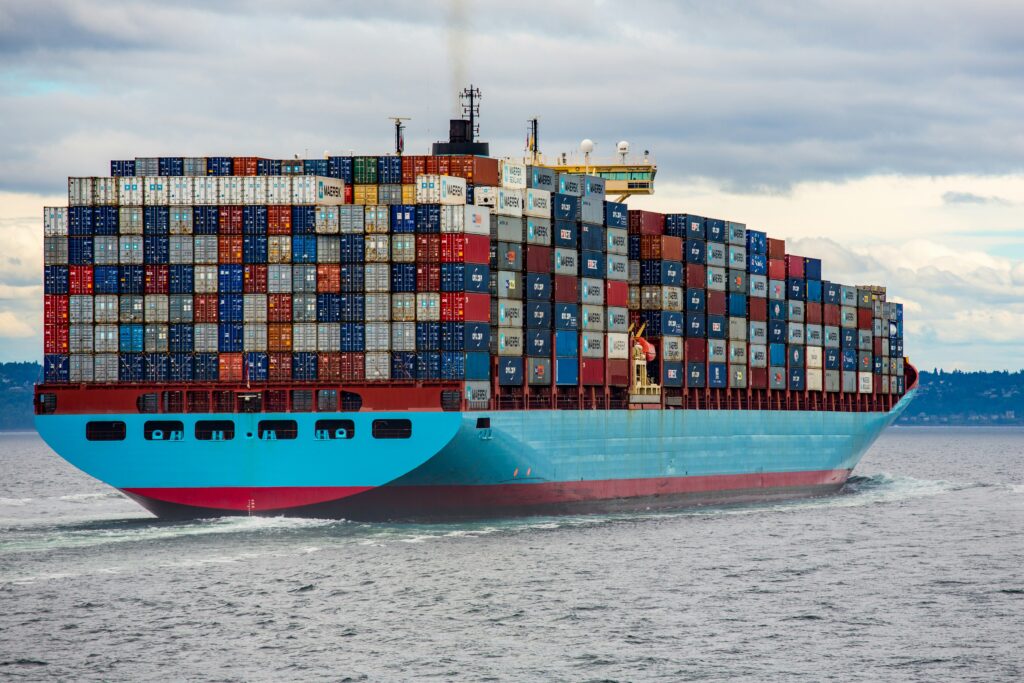
More Waste, More Demand
12 million tons of plastic waste end up in the ocean every single year, ending up in giant trash islands, or consumed by marine life.
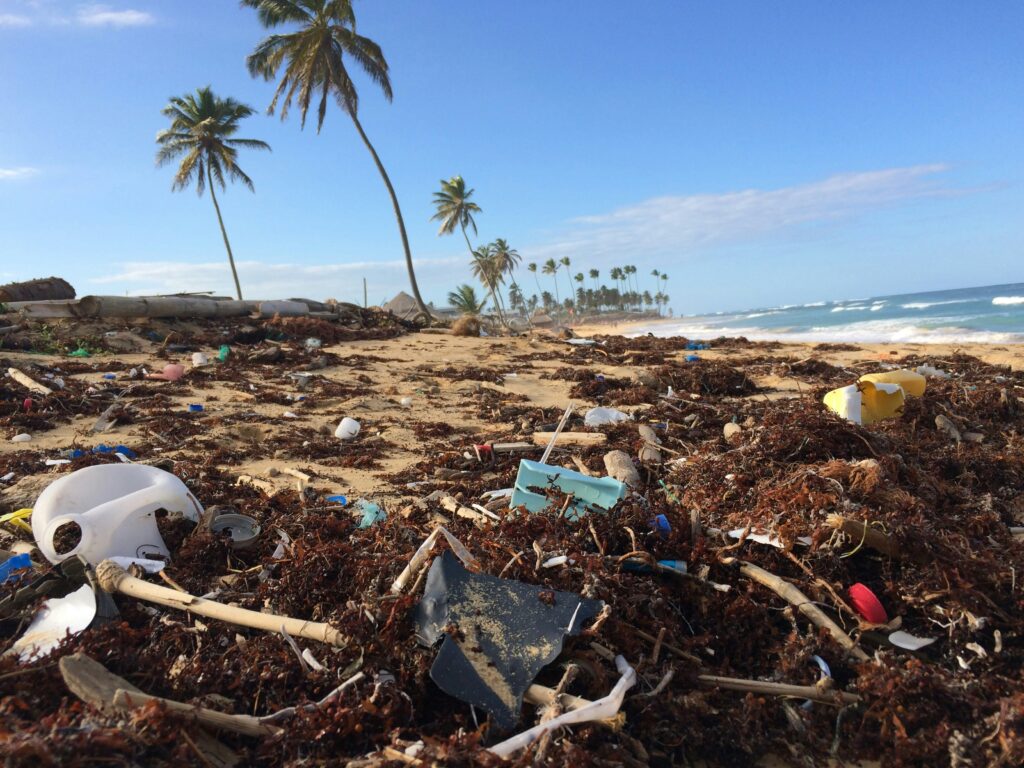
Our growing population’s rising demand for resources is also driving pressure on the tense issue of deep-sea mining for precious minerals. Scientists warn that deep-sea mining would have catastrophic effects on the marine ecosystem, unleashing huge volumes of noise, light and suffocating dust storms in a naturally dark and silent environment.
FINAL THoughts
If we are truly concerned about the ocean and the future, we have to take population growth into account. Our planet and all its ecosystems have a carrying capacity. Every individual, whether a small consumer or a large consumer, draws from nature either to meet basic daily nutritional requirements or luxuries. Our population growth matters. Populations matter.
Daniel Cáceres Bartra, Change Champion 2024
The mass beaching of the 77 pilot whales in Orkney is a sad, shocking story and there’s a real risk it could become a common event.
If our rising numbers and unsustainable demand continue to increase harmful underwater noise pollution and mounting plastic waste, then the world’s oceans will become an increasingly inhospitable environment for marine life.
For the mass beaching of the Orkney pilot whales to occur on World Population Day, is a sobering reminder that we must not just consider the human population, but recognise the importance of protecting all the other magnificent species that we share this planet with.

